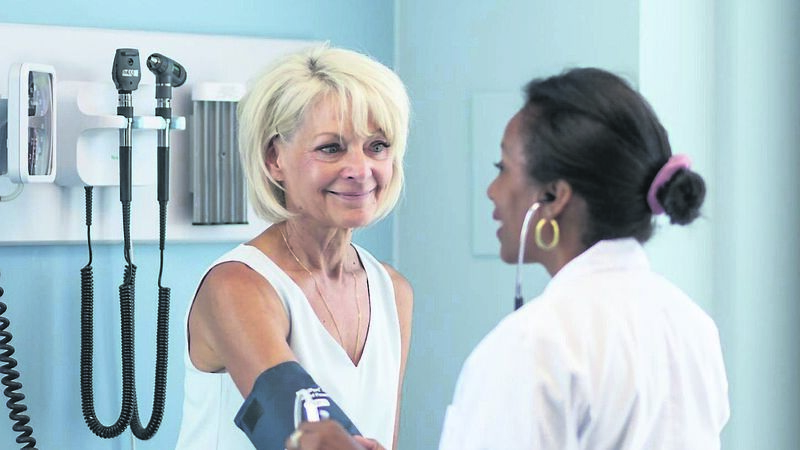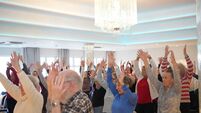Dr Michelle O'Driscoll: The best places to seek out support for menopause

Your GP is an excellent point of contact if you have any concerns about how menopause symptoms are affecting your daily life. Picture: Stock
FEELING increasingly anxious? Experiencing night sweats, or reduced libido? Fluctuations of weight, fatigue or a change to your periods?
Dr Michelle O’Driscoll is a pharmacist, re searcher and founder of InTuition, a health and wellness education company. Her research lies in the area of mental health education, and through InTuition she delivers health promotion workshops to corporate and academic organi sations nationally. See intuition.ie







 App?
App?


